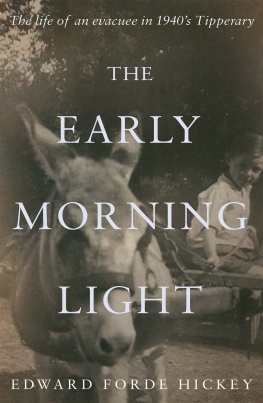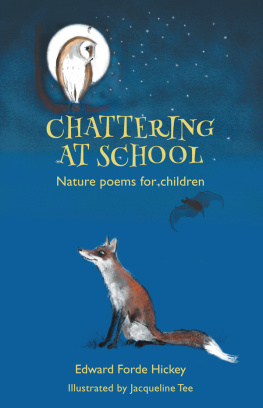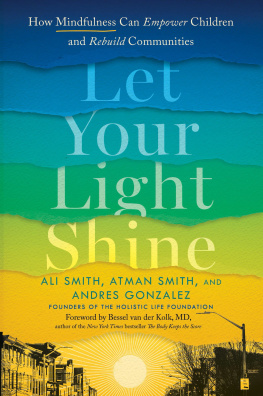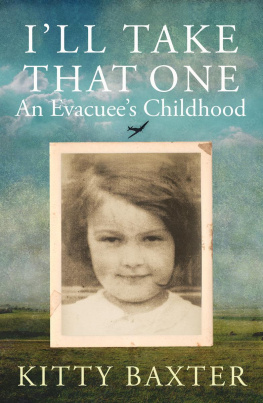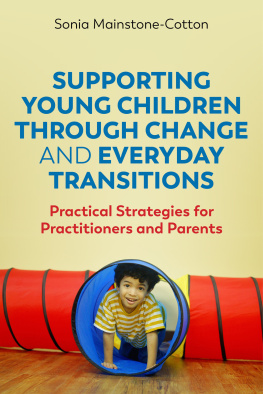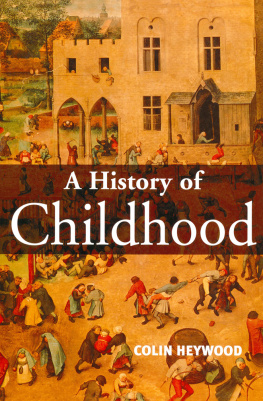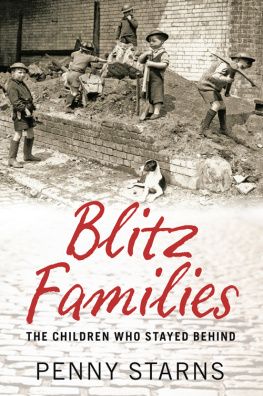a wonderful collection of tales, resounding with a sense of loss and valediction an exquisite description of Nature.
Ben Evans (literary editor, Addison and Cole)
a vibrant and entertaining description of Ireland in these wartime years an enjoyable text, laden with a nostalgia for a rural childhood written in a lyrical style, very much in the Irish literary tradition.
Jakob von Baeyert (Director, Addison and Cole)
The author spent his early life in Tipperary (Dolla) and now lives in Kent with his wife. He has been writing sporadically since his days at University where he studied Classics.

Copyright 2015 Edward Forde Hickey
The moral right of the author has been asserted.
Apart from any fair dealing for the purposes of research or private study, or criticism or review, as permitted under the Copyright, Designs and Patents Act 1988, this publication may only be reproduced, stored or transmitted, in any form or by any means, with the prior permission in writing of the publishers, or in the case of reprographic reproduction in accordance with the terms of licences issued by the Copyright Licensing Agency. Enquiries concerning reproduction outside those terms should be sent to the publishers.
Matador
9 Priory Business Park
Kibworth Beauchamp
Leicestershire LE8 0RX, UK
Tel: (+44) 116 279 2299
Fax: (+44) 116 279 2277
Email:
Twitter: https://twitter.com/matadorbooks
ISBN 978 1784628 734
British Library Cataloguing in Publication Data.
A catalogue record for this book is available from the British Library.

Matador is an imprint of Troubador Publishing Ltd
www.edwardfordehickey.co.uk
For Grannie and Jack, who carved out the pathways of my early Irish childhood.

Dowager with her little evacuee at The Easy Stile
Introduction
The Story of Teddy a newborn child evacuated from the German Blitz of WW2 and brought up by his grandmother (Dowager) and uncle (Blue-eyed Jack) took place in a tiny Irish outpost known as Rookery Rally. In years gone by it had been a place for the gentry with their high chandeliers and balls, hunting and steeplechasing, killing the odd fat woodpigeon and long-tailed pheasant but also a place of menial husbandry and drudgery for the rest of mankind.
Move forward several years and youd fine it hard to imagine the dark days of World War II when the local country-folk (if they had a bit of land) often felt as though there was no world-war worth talking about, such was their daily lack of any ache or pain resulting from this wars cruelties. Indeed they were seen to be living on their little hillside farms as contented as any rich lord and his lady. Forget about the salmon, forget about the trout and the countless rabbits that they hunted. Hadnt they six or seven shorthorn cows to milk each morning and the creamery cheque each month? Hadnt Teddy and his two guardians their two ploughed fields of spuds (the red for themselves and the white for the pigs) with cabbages and turnips thrown in alongside? Hadnt they money in their fist from the sale of this years big fat pig (even after bringing home a young pig from the market inside in The Roaring Town) and another pig fattening in the pig-house, ready to be killed and salted? Hadnt they hens and ducks for their eggs? Hadnt they Dowagers black-handled knife to saw the neck of her best goose into oblivion or else make use of her hatchet to chastise a hens neck when the need arose? Whoever heard of The Famine?
Amongst these farmers this little English boys story rests, at first within the folds of Dowagers apron and then spreading out on freedoms wings alongside his uncle (Blue-eyed Jack) and around the little farms nine fields that crept down to The Bog Wood and eased their way into the black waters of River Laughter. The farm was almost five hundred miles away from the bombed-out ruins of London and his true parents (Little Nell and Shy Patsy). It was the safest and most pleasant spot on earth for any child to be developing his young soul, surrounded by tall windy trees atop of which a colony of rooks kept up a perpetual cawing hence giving the place the name of Rookery Rally. In tune with all this was the sound of merrily babbling waters which went on from September till April when several mountain springs gushed up out of the earth and melodious little streams tore their eager pathways through every farmyard on their downward sweep from The Hills-of-The-Past towards the distant rumblings of River Laughter and from there on into The Roaring Town River and finally tossed their way through The Jackass Falls as they hurried on into The Mighty Shannon River itself.
Into the eyes and soul of this growing toddler were poured images of the men, women and children, who lived alongside him during the first five years of his life. He would forever remember the lively laughter of them all flourishing from dawn until dusk, like bunches of untamed nettles and their daily lives would one day seem to him as something akin to a tune played out by Natures own vibrant orchestra at least for most of the time he was in their midst.
ONE
The Dance
When Little Nell met Shy Patsy at The Platform Dance in Judys Meadow
It was June in the year of 1937. The Hills-of-The-Past had always had its fair share of mischief-makers. But there were times when the mountain slopes saw the other side of the coin and the fields echoed with innocent laughter and pure joy. It was then that youd notice how the rascally devilment that was in the hearts of the boys was replaced with this other gentler mood, namely the shy little sighs out of the older girls and their shivery longing for a bit of feathery romance during a summers twilight. Youd never see any of these girls climbing up the back of a thatched roof and tying the potato-sacking round the chimney before throwing a terrified chicken down into the fire to persecute the two poor old souls who were saying their evening rosary inside at the fireside. Unlike their brothers, these girls saw no fun in listening to the old folk cursing like blazes and scraping their hobnail boots around the floor as they ran here and there and (blinded with smoke) tried to catch the chicken and throw her out the door. No our girls were content to spend their summer afternoons leaning on their elbows at the front table and looking out over the scarlet geraniums on the windowsill underneath the thatch. The little dreamers could imagine a gallant horseman on his shining white steed as he pranced out from the pages of their novel and came racing in across the flagstones and up the cobbled yard to the half-door to carry them off to The Land of Pleasure. If only if only and they gave a little shudder and they shook themselves back into their day-to-day reality.
The days during this month of June (1937) were growing longer and they were getting hotter. The girls hearts were bursting to be off to one of the platform dances that were held out across the fields. Their tingling feet couldnt stay quiet for another minute. The hillside fairies and the woodland fairies and the river fairies (and we all believed in their existence) were in one agreement: there was no place on this earth as wonderfully charming as The Platform Dance in Judy Rags Meadow. Thered be a crowd of sixty dancers up there, each one anxious to make the most of these fine hot evenings. When summer came to its end they knew that the only dance theyd ever get away to would be the great winter Wran-Byze-Ball above in The Welcoming Room of Din-Din-Dinny-the-Stammerer. This took place on the day after Christmas (St. Stephens night). The piles of shiny coppers that the youngsters had collected from their house-to-house singing for the old men and women in the hills would allow them to set their skirts a-swirling and their hobnail boots aflame beneath Dinnys rumbling rafters. And thered be a fine fat feast thrown in as well.
Next page
